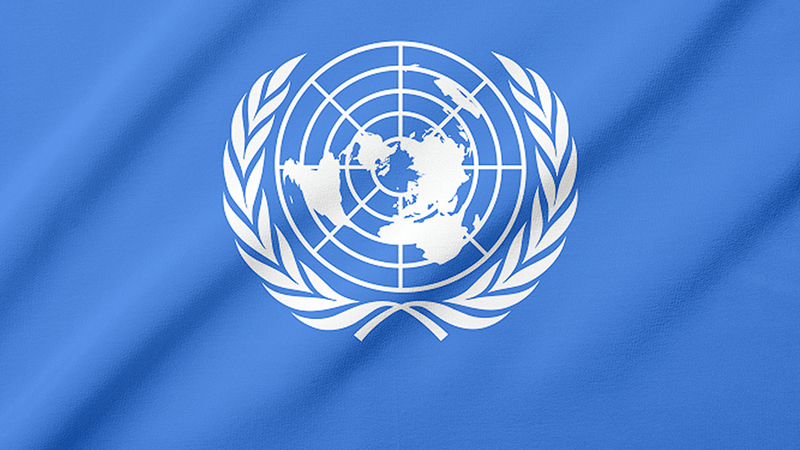

Eighteen states were elected Monday into the UN Economic and Social Council (ECOSOC), the coordinating body for the economic and social work of UN agencies and funds, for a three-year term.
Volkan Bozkir, president of the General Assembly, announced the results after voting by secret ballot in the assembly.
Elected were Cote d’Ivoire, Eswatini, Mauritius, Tanzania, Tunisia from African states; Afghanistan, India, Kazakhstan, Oman from Asia-Pacific states; Croatia, the Czech Republic from Eastern European states; Belize, Chile, Peru from Latin America and Caribbean states; Belgium, Canada, Italy, the United States from Western European and other states.
They were elected for a three-year term beginning on Jan. 1, 2022.
In by-election for rotation with the Western European and other states group, Greece, New Zealand and Denmark were elected for a one-year term beginning on Jan. 1, 2022. They will replace Switzerland, Australia and Finland respectively. Israel was elected for a two-year term beginning on Jan. 1, 2022. It will replace Germany.
ECOSOC has 54 members, which are elected each year by the General Assembly for overlapping three-year terms. Seats on the council are allocated on the basis of geographical representation with 14 seats to African states, 11 to Asia-Pacific states, six to Eastern European states, 10 to Latin American and Caribbean states, and 13 to Western Europe and other states.